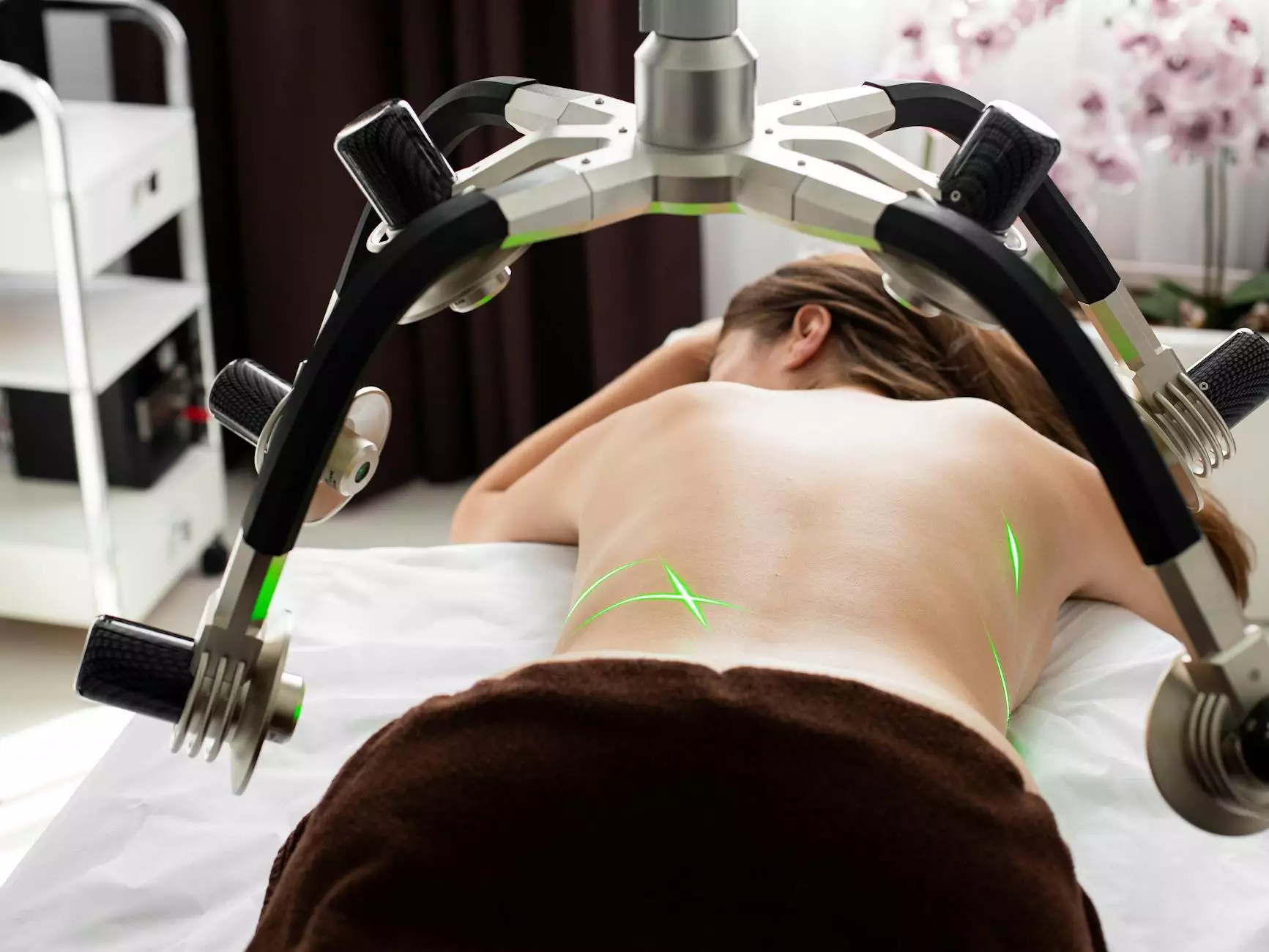Understanding Your Hearing Age: A Complete Guide to Hearing Health & Better Living

In today’s fast-paced world, maintaining optimal hearing health is more vital than ever. Our ability to perceive sound intricately influences communication, social interactions, and overall quality of life. A key concept gaining increasing attention among both healthcare professionals and the public is hearing age. This innovative idea reframes how we think about hearing health, emphasizing that your hearing status is not solely defined by your chronological age but by the functional capacity of your auditory system.
What is Hearing Age?
Hearing age refers to the functional age of your auditory system, reflecting how effectively your ears and brain work together to process sound. This concept goes beyond the number of years you have lived, focusing instead on your hearing abilities compared to typical benchmarks for your age group. An individual with a hearing age that is younger than their chronological age might have excellent hearing health, while someone with a higher hearing age may experience hearing difficulties associated with aging or hearing loss.
Understanding your hearing age is essential for prompt intervention. It can serve as a motivation to seek professional assessment and hearing solutions before the problem exacerbates, thereby preserving communication skills and quality of life.
The Significance of Hearing Age in Overall Well-Being
The relationship between hearing age and overall health is profound:
- Early detection of hearing loss: Recognizing changes in your hearing age allows for timely interventions such as hearing aids, which can prevent further deterioration.
- Enhancement of cognitive health: Maintaining healthy hearing is linked to a lower risk of cognitive decline, dementia, and social isolation.
- Improved emotional well-being: Clear hearing supports better emotional health, reducing feelings of frustration, depression, and loneliness.
- Increased safety and independence: Good hearing equips individuals to respond promptly to environmental cues, alarms, and conversations, fostering safety and independence.
Factors Influencing Your Hearing Age
Several factors can impact your hearing age, including:
- Genetics: Genetic predispositions can determine early onset of hearing loss.
- Environmental exposure: Prolonged exposure to loud noises, industrial pollutants, or ototoxic medications can accelerate hearing deterioration.
- Overall health: Conditions like diabetes, cardiovascular disease, or infections can adversely affect hearing health.
- Age: Naturally, aging contributes to sensorineural hearing loss, but lifestyle and healthcare choices influence the rate of decline.
Assessing Your Hearing Age: The Importance of Professional Hearing Evaluation
Determining your hearing age necessitates professional assessment from experienced hearing care providers. These evaluations include:
- Pure tone audiometry: Measuring your ability to hear sounds at different pitches and volumes.
- Speech audiometry: Testing your ability to understand speech in quiet and noisy environments.
- Tympanometry: Assessing middle ear function.
- Otoacoustic emissions: Evaluating cochlear (inner ear) health.
By analyzing these tests, audiologists determine your hearing age and identify whether hearing intervention is necessary.
The Role of Hearing Aid Providers in Managing Hearing Age
Professional hearing aid providers are crucial in managing hearing health. They do not just dispense devices but also offer comprehensive solutions tailored to your specific hearing age and lifestyle. Advances in hearing technology now provide discreet, high-quality devices that can significantly improve your hearing age, enabling a more active and engaged life.
Key services offered include:
- Personalized hearing assessments to determine your hearing age and treatment options.
- Custom-fit digital hearing aids that adapt seamlessly to your environment.
- Ongoing support and maintenance to optimize hearing performance.
- Auditory training and counseling to help you maximize hearing capabilities and adjust to new devices.
How Lifestyle Changes Can Impact Your Hearing Age
While genetics and aging play significant roles, lifestyle choices can have a substantial effect on your hearing age. Adopting behaviors that promote ear health can slow the progression of hearing loss, preserving auditory function longer:
- Protect your ears from loud noises: Use ear protection in noisy environments like concerts, factories, or when using power tools.
- Maintain cardiovascular health: Regular exercise, a healthy diet, and controlling blood pressure support both heart and ear health.
- Avoid ototoxic substances: Limit exposure to medications or chemicals known to harm hearing without medical supervision.
- Regular hearing check-ups: Routine assessments help detect early changes in hearing age.
Technological Advances and Future Trends in Hearing Care
The future of managing hearing age is promising, with breakthroughs such as:
- Smart hearing aids: Devices integrated with artificial intelligence learn user preferences, enhancing sound quality and speech comprehension.
- Bone conduction technologies: Offering alternatives for those with outer or middle ear issues.
- Connective systems: Seamless integration with smartphones, TVs, and other devices to improve accessibility and convenience.
- Neuroplasticity-based therapies: Emerging treatments that harness the brain’s ability to adapt to hearing loss, potentially delaying or reversing some deficits.
Take Action Today to Improve Your Hearing Age
Understanding and actively managing your hearing age is an investment in your overall health, social life, and independence. If you're experiencing signs of hearing difficulties—such as muffled sounds, difficulty understanding speech, or ringing in the ears—it’s vital to seek professional advice promptly.
Summertown Audiology specializes in comprehensive hearing assessments and state-of-the-art hearing aid solutions. Our dedicated team is committed to enhancing your hearing health and helping you achieve a hearing age that reflects your current abilities rather than your chronological age.
Conclusion: Embrace a Future of Clearer Sounds and Better Living
The concept of hearing age serves as a powerful reminder that hearing health is dynamic and manageable. By prioritizing regular check-ups, adopting healthy habits, and utilizing advanced hearing technologies, you can preserve and even improve your hearing abilities. Doing so ensures that you remain engaged, connected, and vibrant at every stage of life.
Take control of your hearing age today—because good hearing is not just about sounds, but about embracing life fully.









